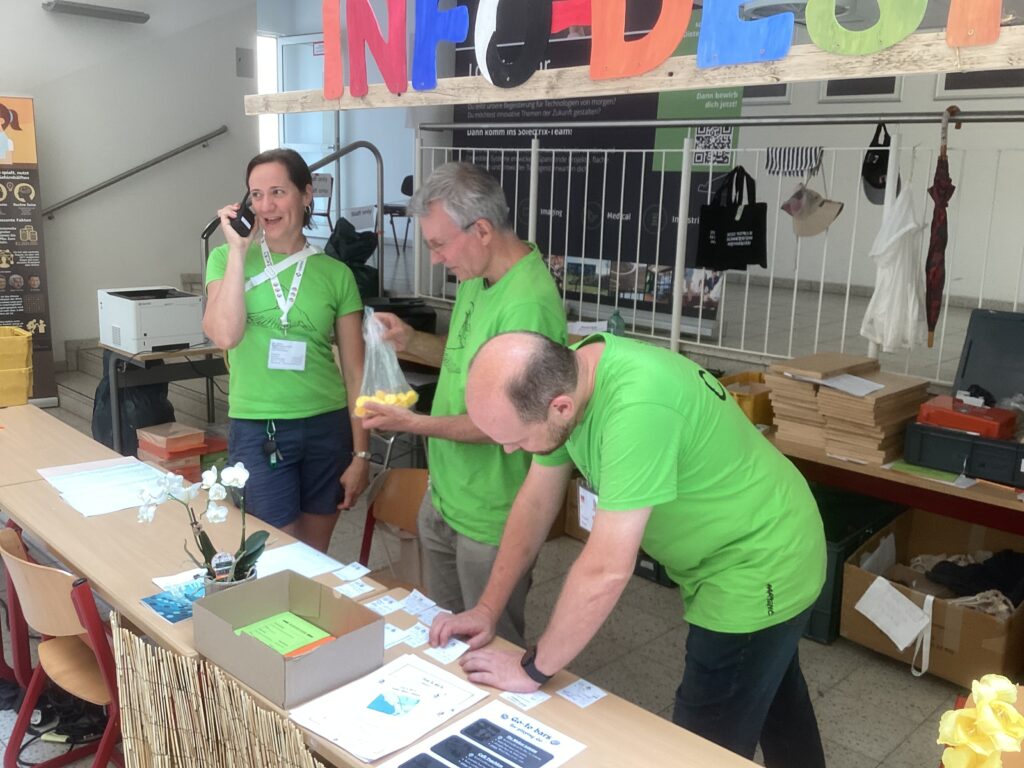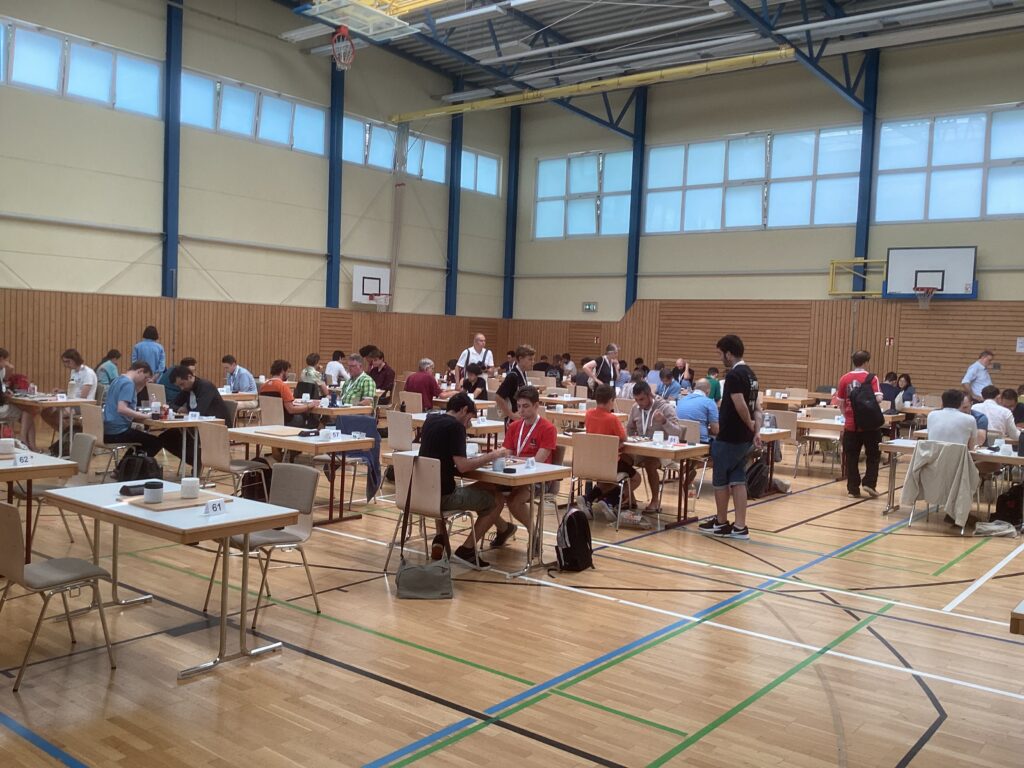I will occasionally post Go games. I started out with Go in the beginning of 2011 and, after a rapid rise to about 9kyu, I gained 4kyu a year up to 2013. A chess player have some skills that can be transferred to go, so this “fast” improvement for a 40+ year old guy, is not too strange. From 1kyu in 2014, it has taken me another 8 years to get to approximately 2dan (European ranking). I can really recommend chess players to try out Gofor a number of reasons. First, if you are too tactically inclined a player, then by playing Go you will be forced to think about things like “structure” and “plans”, and you will improve your ability to hold multiple aspects in your mind at the same time (if you are able to improve, that is). Second, if you work as a coach, reliving the struggle of being a beginner at a difficult game (like Chess – or Go) will definitely improve your understanding of those you are coaching. Third, there are few things that let you appreciate the “nature” of what you have learned as a chess player and learning Go will make it obvious that you know stuff that transcends the chess board. I can make the list much longer, but let’s call it there. My current Go rating of 2 dan, is comparable to a chess player rated around 2200, so I am by no account a very strong player, and you should not take what I write on go too seriously 😉 If you feel like visiting a more serious Go-site then… you are in for a disappointment. There are no sites for go comparable to chessbase or chees.com, but instead there are plenty of good apps for go. I recommend Go Books, Tsumego Pro and – if you get more serious about the game – SmartGo (which I use extensively). There many good channels on Youtube dealing with Go, but they come and go, and it depends quite a lot on your strength what will benefit you most.
Solving Go problems is a great source of learning (and joy), and in my case, since I have lost my passion for Chess problems, it is good way for me to keep my ability to calculate alive. If you find my vocabulary in the commentary somewhat alien, it is because I sometimes use the highly specialized Go vocabulary. The majority of these expressions can be found at Sensei’s library. I teach go for beginners, up to 1 kyu, and I do coaching, but only over periods of minimum three months.




